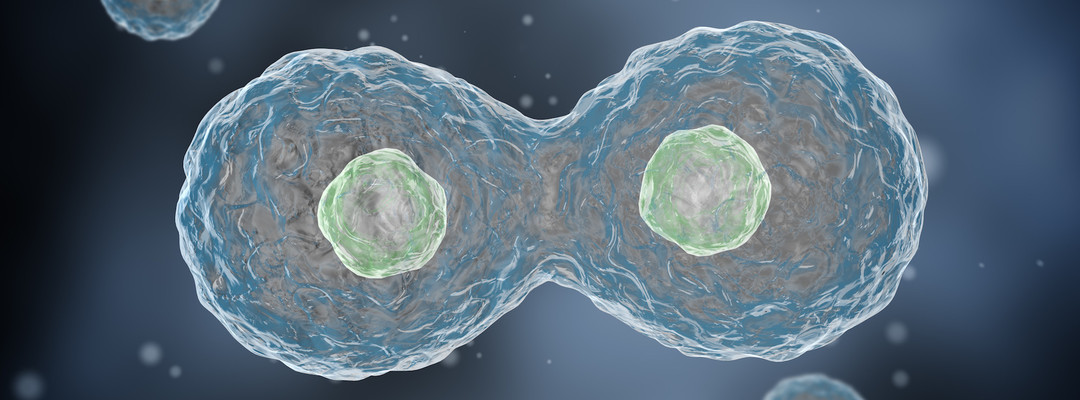Novel Encapsulation Technology for Encapsulation of Active Ingredients
- Field
- Advanced Materials
- Patent
- IP00486
Key Problem and Market Opportunity
- Hydrogel capsules have been used to encapsulate cells since they can allow facile diffusion of oxygen and nutrients to the cells. Such compositions have been developed as potential therapeutics for a range of diseases including type I diabetes, cancer, and neurodegenerative disorders such as Parkinson’s.
- Traditional processing of hydrogel particles, such as alginate particles, provides little control over the microstructure or size (diameter) of the capsules. When living cells are encapsulated in the particles, the diffusion of oxygen and nutrients is restricted by the presence of the thick hydrogel shell. Also, proliferation and fusion of cells are prohibited due to the lack of aqueous space.
- Moreover, the preparation of such particles often involves the use of organic solvents. Such solvents are costly, toxic, flammable and harmful to the environment.
Key Advantages of the Technology
- The current invention is a new and low-cost process of making hydrogel capsules using microfluidic technology to generate emulsion from immiscible aqueous phase, and then solidify the emulsion into gel capsules.
- This invention allows the encapsulation of living cell species.
- In the core-shell structured capsule has a liquid core and solid shell. Structure of this kind provides different microenvironment for co-delivery of different species without mutual contamination.
- A variety of solutes known in the art can be used to form the all-aqueous emulsions. Exemplary solutes include, but are not limited to, polymers, such as polyethylene glycol (PEG), dextran, methyl cellulose, polyvinyl alcohol (PVA), and polyvinyl pyrrolidone (PVP), caseinate, and alginate; salts, such as phosphates (e.g., tripotassium phosphate and disodium phosphate), citrates (e.g., sodium citrate), sulfates (e.g., sodium sulfate), and carbonates.
Potential Product and Services
- Methods for preparing capsules, such as micro- and/or nanocapsules, from all-aqueous emulsions for a variety of applications, such as drug delivery (e.g., small molecules, biomolecules, cells, etc.) and encapsulation of active ingredients, such as proteins, insecticides, herbicides, salts, and macromolecules etc.
Key Advantages of the TechnologyDevelopment status and IP Strength
- Proof-of-Concept is completed
- Patents have been granted in US, pending in CN and HK



